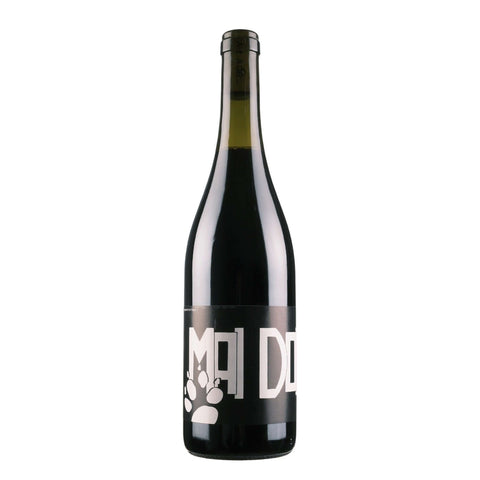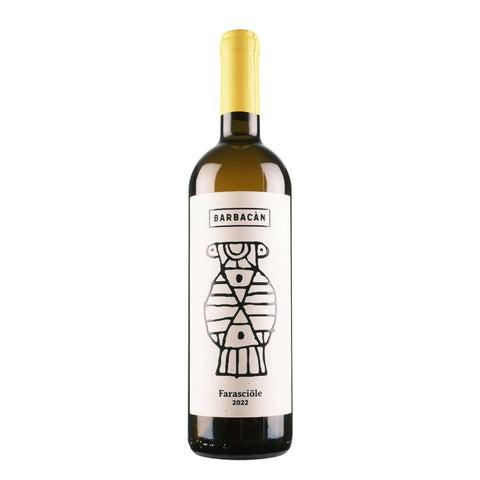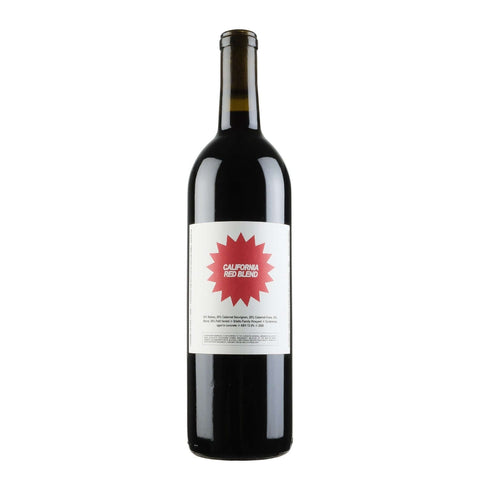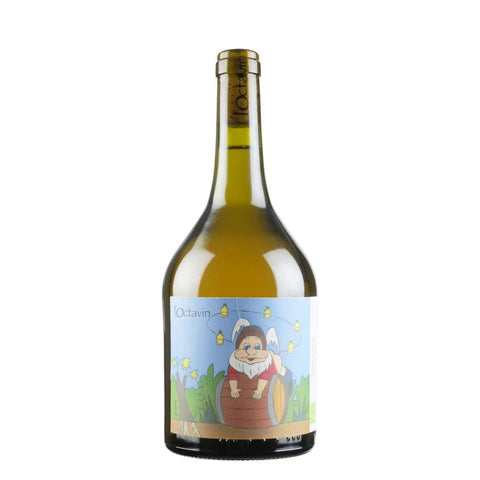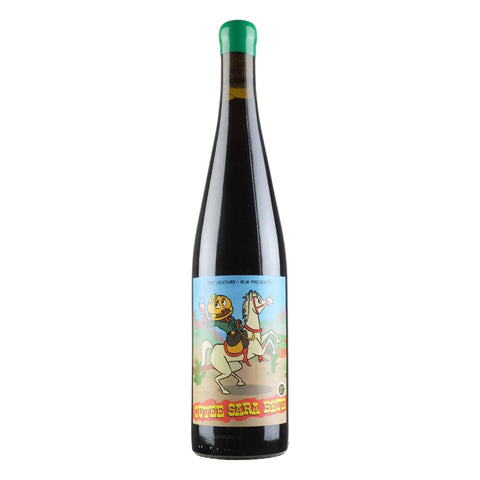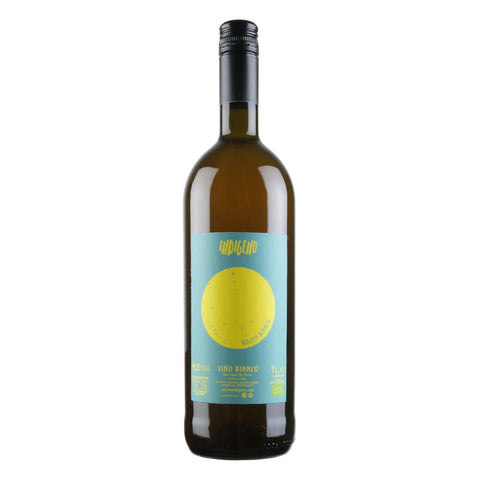152 products

What is Natural Wine?
Frequently asked question
Natural wine is generally made from organically or biodynamically farmed grapes, fermented with native (wild) yeasts, and produced with minimal intervention—no additives beyond little or no sulfur, and often unfined and unfiltered. There’s no single legal definition, but transparency, low sulfites, and hands-off winemaking are core principles.
There’s no scientific proof that natural wine is “healthier.” It still contains alcohol. However, many natural wines use organically or biodynamically farmed grapes, fewer additives, and lower sulfites, which some people prefer or tolerate better. Bottom line: choose transparently made bottles you enjoy—and drink in moderation.
It aligns with what drinkers want: transparency, sustainability, and distinctive flavor. Made from organically or biodynamically farmed grapes and fermented with native yeasts, natural wine is low-intervention, often lower in sulfites, and showcases terroir and small producers—delivering character, ethics, and authenticity.
No. Natural wine still contains alcohol—the primary cause of hangovers. Lower sulfites and fewer additives don’t guarantee a headache-free experience. How you feel depends on alcohol content, hydration, quantity consumed, and personal sensitivities (histamines, tannins, sugar). Choose well-made natural wines, pace yourself, eat with your wine, and drink water.
No. Natural wine revives long-standing methods—organic/biodynamic farming, native-yeast fermentation, minimal additives—and meets enduring demand for transparency, sustainability, and terroir-driven flavor. Its growth across regions, retailers, and restaurants signals a lasting category, not a passing fad.






































